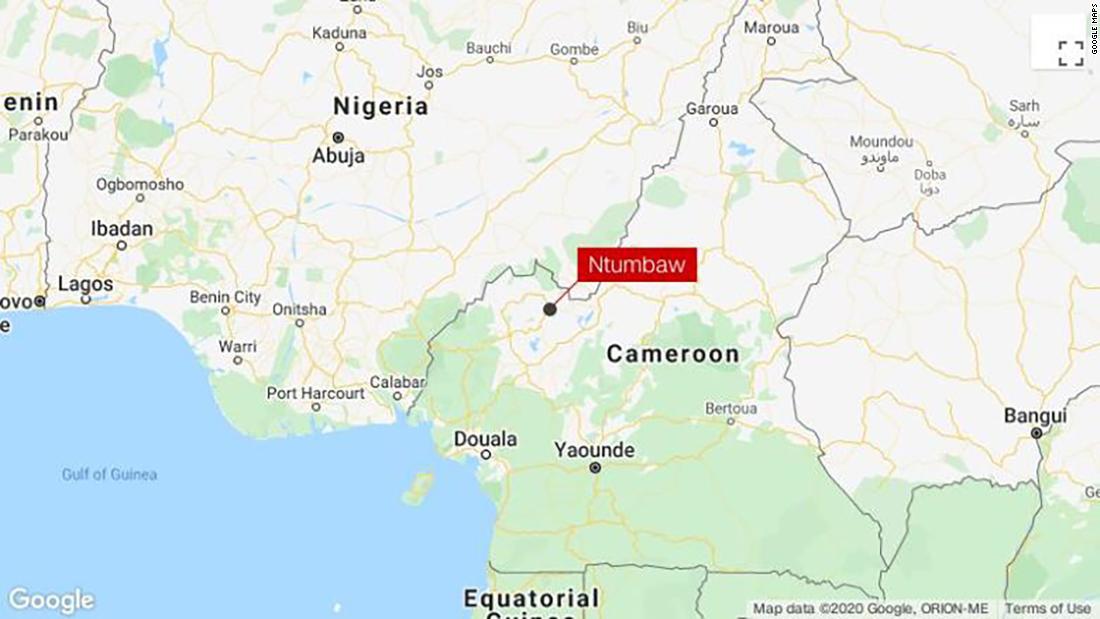House Speaker, Cavaye Yeguié Djibril chaired deliberations during which Parliamentarians endorsed the legal instrument on December 5, 2021
Bill No. 2009/PJL/AN: the finance bill of the Republic of Cameroon for the 2022 financial year has been adopted at the National Assembly. The bill was adopted on December 5, 2021 after general debates chaired by House Speaker, Cavaye Yeyuié Djibril in the presence of members of government.
Prepared in accordance with the requirements of the July 2018 law relating to the fiscal regime of the State and other legal documents, the State budget for the 2022 financial year is balanced in resources and expenditure at the sum of FCFA 5,752.4 billion as against 5,480.4 billion in 2021, representing an increase of 272 billion (five per cent in relative terms).
Going by the presentation of the General Rapporteur for the Finance and Budget Committee, Hon. Ndongo Eteme Edgard, the objective of the overall budgetary policy remains the medium and long-term sustainability of public finances and the proper implementation of the National Development Strategy 2030 in line with the presidential guidelines contained in the August 30, 2021 circular and the requirements of the new Economic and Financial Programme concluded with the International Monetary Fund (IMF).
During the financial year, the bill states, focus will be on commissioning major infrastructure projects, continuing the plan to support the production of consumer goods (import-substitution policy), improving the business climate, consolidating achievements and accelerating decentralisation as well as pursuing the health response to Covid-19.
Growth, according to the document, is envisaged at 4.2 per cent compared to 3.6 per cent in 2021, representing an increase of 0.6 per cent. The bill explains that the growth will be driven by a number of factors including containing the Covid-19 pandemic, the spinoffs from the organisation of the 2021 TotalEnergies African Cup of Nations, a less severe contraction in the oil and gas sector, and the mitigation of security problems.
Domestic revenue and grants for 2022 are projected at FCFA 4,029.2 billion, indicating an increase of FCFA 468.3 billion compared to 2021. Special Appropriations Accounts amounts to FCFA 152.7 billion. Tax and customs measures envisaged with the aim at optimising the implementation of the 2022 budget seek to amongst others, strengthen the import-substitution policy, establish specific depreciation rates for some sectors, introduce a tax on money transfers, clarify the tax regime for non-profit organisations and introduce fiscal measures to revive the banana industry.
Furthermore, the finance bill brings as an extension of the innovations introduced by the 2018 law, a number of major change such as the streamlining of the para fiscal levies allocate to some public bodies, the introduction of an annex for gender-sensitive budgeting, the change in the accounting framework and the introduction of new budget programmes in government services.
All Africa/ Cameroon tribune
